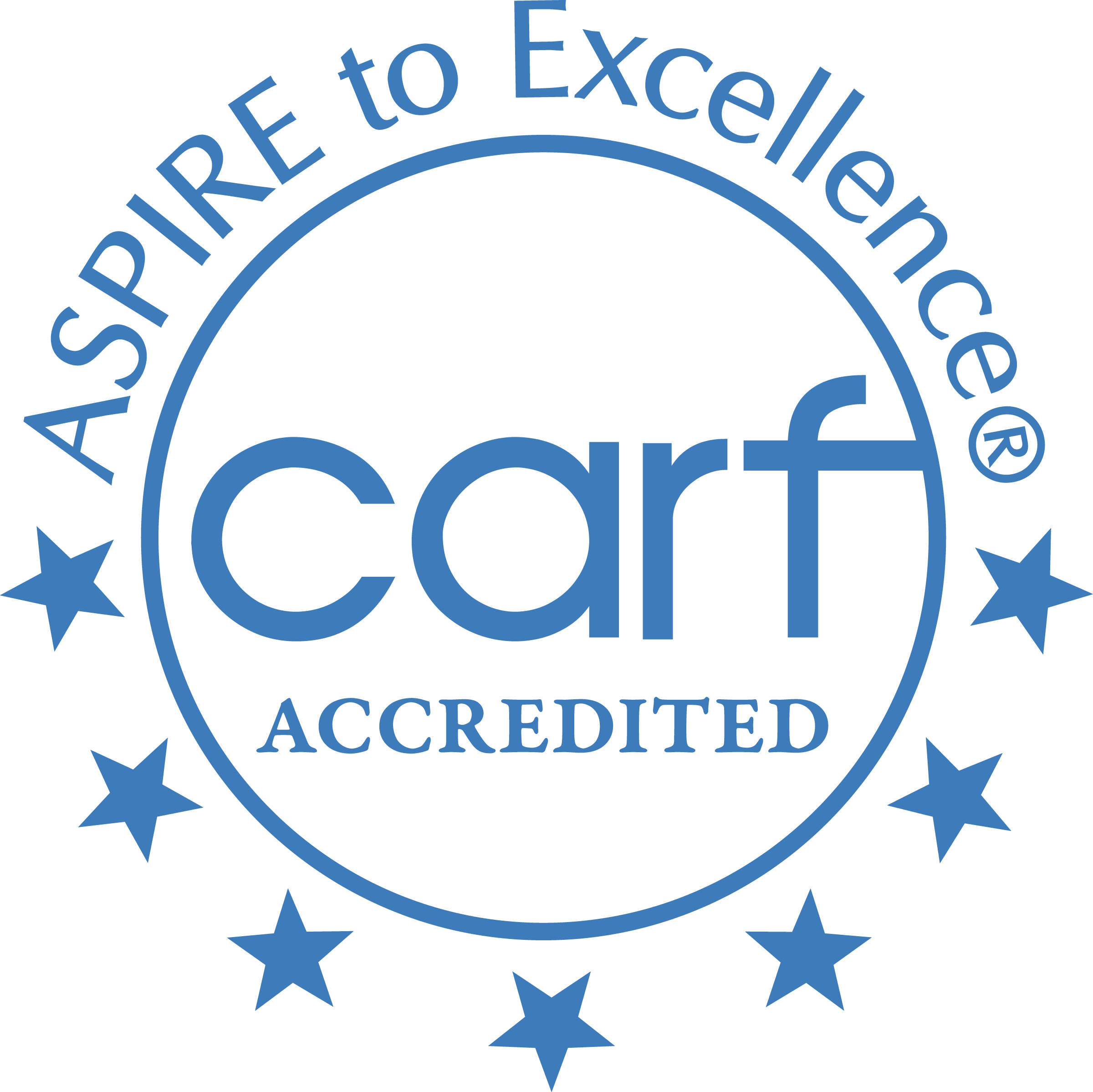Comprehensive Vocational Evaluations and Assessments
Vocational Evaluations help individuals, who are changing careers, returning to work, or entering the workforce for the first time, determine their best career options. OWL provides a comprehensive, systemic approach to a) assess and individuals’ contributions to the workplace, b) recommend job goals, and c) recommend supports needed by incorporating medical, psychological, social, educational, and economic information to assist the individual in vocational development and planning. Each individual is seen as possessing his or her own unique and dynamic way of thinking, learning and working.
Anyone who is seeking to identify a specific job goal and supports and accommodations needed to obtain and maintain long-term employment.
Goals of the Vocational Evaluation include:
The Evaluation Process and Tools:
Interview and Observation:
Inventories encompassing the following:
Summary:

